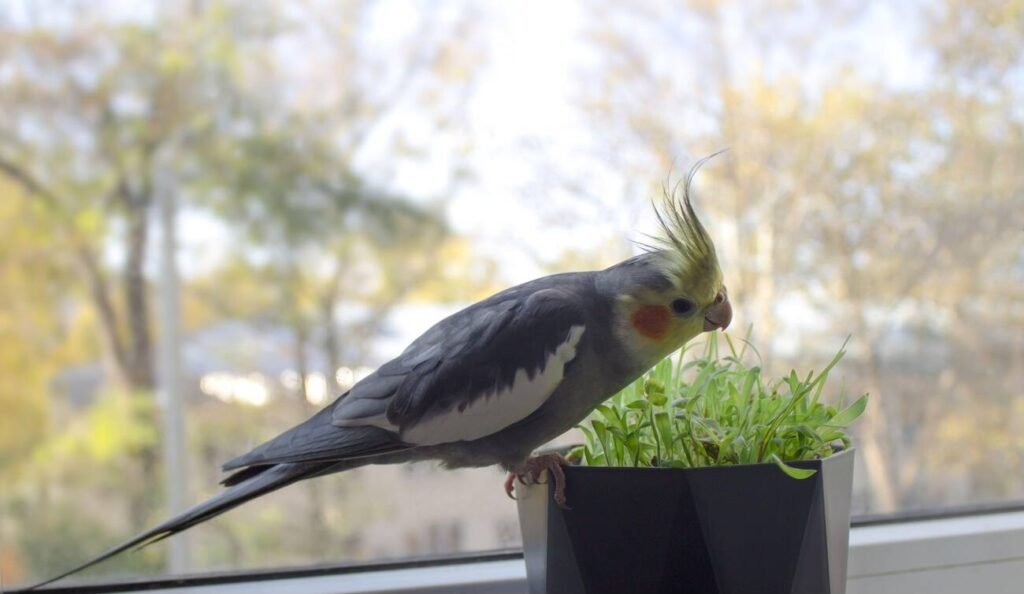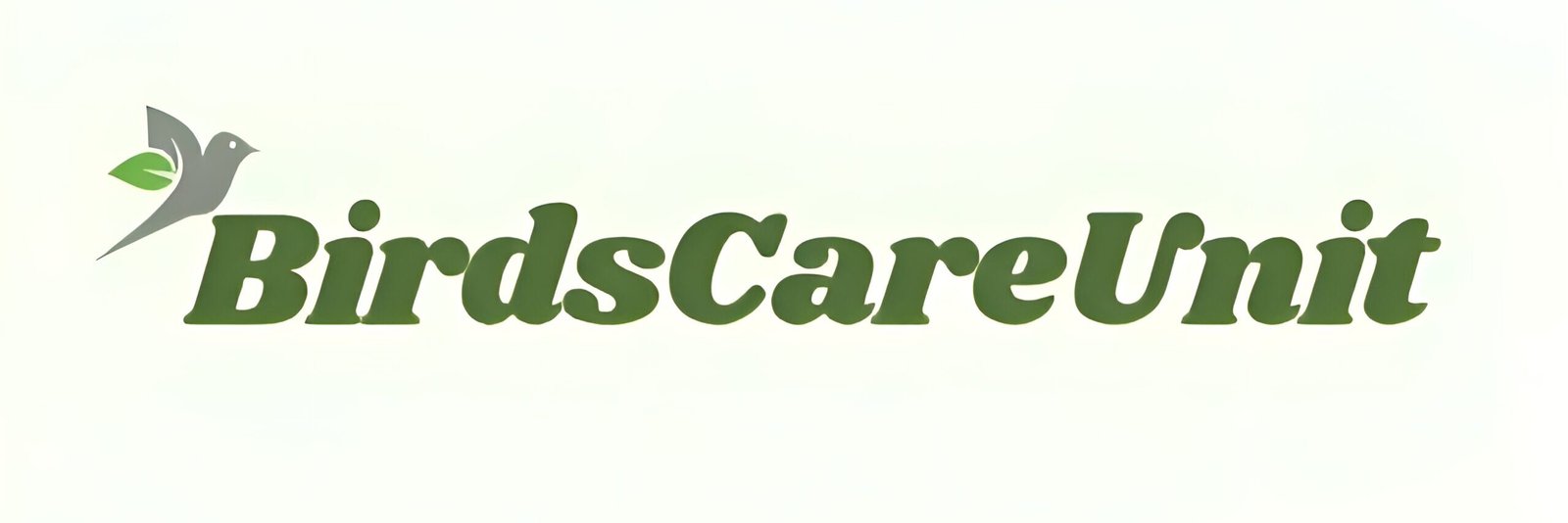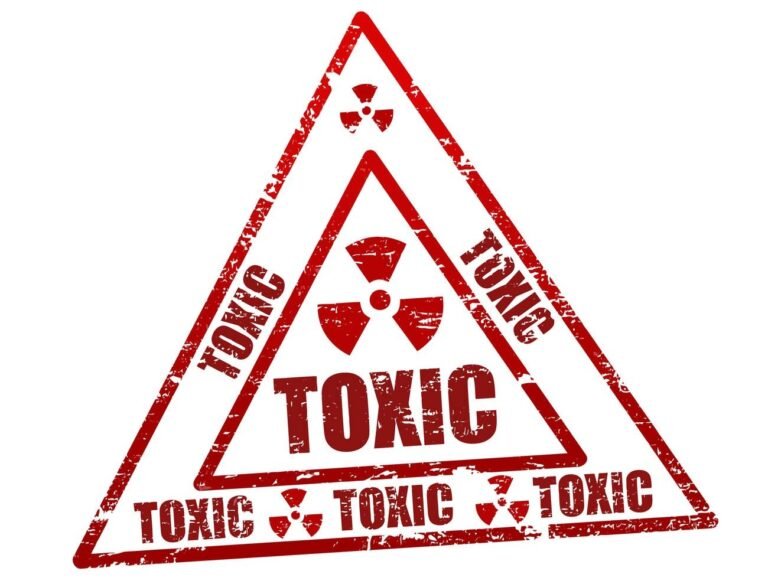Which Vitamins and Minerals do Cockatiel need

I have extensive experience breeding cockatiels in my home. I have bred them consistently for many years and have also taught many beginners how to successfully breed cockatiels and other birds such as parakeets, lovebirds, and parrots. I am truly happy to see them succeed by following my tips.
Ensuring that your cockatiels receive a balanced and nutritious diet is crucial for their health and well-being. Proper nutrition supports their immune system, promotes feather health, and contributes to their overall vitality. Here’s a detailed guide on the vitamins and minerals your cockatiels need, including sources, signs of deficiencies, and practical tips for providing these essential nutrients.
Vitamins Essential for Cockatiels
Vitamin A: For Healthy Feathers, Skin, and Vision
- Role: Supports skin and feather health, and enhances vision.
- Sources:
- Dark leafy greens (kale, spinach, Swiss chard)
- Carrots and sweet potatoes
- Bright-colored fruits (mango, cantaloupe, papaya)
- Symptoms of Deficiency:
- Dry or flaky skin
- Dull feathers or feather loss
- Eye infections or swelling
Vitamin D: Promotes Strong Bones and Calcium Absorption
- Role: Aids in calcium absorption, crucial for bone health and egg production.
- Sources:
- Natural sunlight (important for indoor birds)
- Fortified foods and vitamin D supplements
- Symptoms of Deficiency:
- Weak bones or beak deformities
- Poor egg quality in breeding females
- Lethargy or decreased appetite
Vitamin E: An Antioxidant Powerhouse
- Role: Acts as an antioxidant, supports the immune system, and aids in muscle function.
- Sources:
- Nuts (almonds, walnuts)
- Seeds (sunflower, pumpkin)
- Whole grains and leafy greens
- Symptoms of Deficiency:
- Muscle weakness or tremors
- Fertility issues in breeding birds
- Fatigue or poor coordination
Vitamin K: Essential for Blood Clotting and Bone Health
- Role: Supports blood clotting and bone metabolism.
- Sources:
- Dark leafy greens (kale, spinach, collard greens)
- Broccoli, cabbage, Brussels sprouts
- Symptoms of Deficiency:
- Excessive bleeding or bruising
- Weak bones or difficulty walking
Minerals Essential for Cockatiels
Calcium: The Cornerstone of Bone Health and Egg Production
- Role: Necessary for strong bones, beak health, and proper eggshell formation.
- Sources:
- Calcium-fortified pellets
- Dark leafy greens (collard greens, bok choy, broccoli)
- Cuttlebone and crushed eggshells
- Symptoms of Deficiency:
- Soft or misshapen eggs in breeding females
- Weak or deformed bones
- Difficulty flying or perching
Phosphorus: Partnering with Calcium for Strong Bones
- Role: Works with calcium to support bone health and muscle function.
- Sources:
- Seeds, nuts, and legumes
- Whole grains (quinoa, brown rice)
- Symptoms of Deficiency:
- Weak bones or skeletal deformities
- Muscle weakness or difficulty moving
Iron: Supporting Oxygen Transport and Metabolism
- Role: Essential for oxygen transport in the blood and overall metabolism.
- Sources:
- Dark leafy greens (especially spinach)
- Legumes (lentils, chickpeas)
- Red fruits (strawberries, raspberries)
- Symptoms of Deficiency:
- Lethargy or weakness
- Pale beak or skin
- Poor feather quality
Potassium: Maintaining Nerve Function and Fluid Balance
- Role: Regulates nerve function, muscle contraction, and fluid balance.
- Sources:
- Bananas, sweet potatoes, tomatoes
- Citrus fruits (oranges, grapefruits)
- Symptoms of Deficiency:
- Muscle weakness or tremors
- Irregular heartbeat
- Poor appetite
Practical Tips for Ensuring a Balanced Diet
Use High-Quality Pellets as the Base:
- Pellets are formulated to provide a complete nutritional profile. They should form the main part of your cockatiel’s diet, supplemented with fresh produce and occasional seeds.
Rotate Fruits and Vegetables:
- Offer a variety of fresh fruits and vegetables to ensure a broad range of nutrients. This also helps keep your cockatiel interested in their food.
Limit Treats and High-Fat Foods:
- Nuts and seeds are high in fat and should be used sparingly. Offer them as occasional treats rather than staples.
Provide Fresh Water Daily:
- Ensure your cockatiel always has access to clean, fresh water. Change the water daily to prevent bacterial growth.
Monitoring and Adjusting Your Cockatiel’s Diet
Observe Behavior and Appearance: Monitor your cockatiel’s plumage, activity level, and behavior. Any changes could indicate nutritional deficiencies or health issues.
Consult an Avian Veterinarian: Regular check-ups can help identify any nutritional gaps and provide guidance on dietary adjustments.
Adjust Based on Age and Health: Young, active cockatiels may need more energy and protein, while older or less active birds may need a diet lower in fat.
Frequently Asked Questions (FAQs)
Can I give my cockatiel vitamin supplements?
- Yes, but consult an avian vet first. Over-supplementation can be harmful.
How can I tell if my cockatiel has a vitamin deficiency?
- Look for signs like dull feathers, lethargy, and changes in appetite. A vet can run tests for accurate diagnosis.
How much fresh fruit and vegetables should I feed my cockatiel?
- About 20-25% of their diet should be fresh produce. Rotate the types offered to ensure variety.
Can cockatiels eat human food?
- Some human foods are safe, but avoid those high in salt, sugar, caffeine, chocolate, or avocado.
How important is calcium for breeding females?
- Calcium is critical for breeding females to ensure strong eggs and prevent egg binding. Provide a steady supply of calcium through various sources.
Bonus Tips for New Cockatiel Owners
Start with Good-Quality Pellets: These offer a balanced diet and can be supplemented with seeds, fresh produce, and treats.
Observe Preferences: Pay attention to your cockatiel’s food preferences and adjust their diet accordingly.
Introduce Variety Early: Offer a wide range of foods from a young age to prevent picky eating habits.
By understanding and implementing these dietary needs and practices, you’ll help your cockatiel thrive with vibrant health, strong feathers, and a happy demeanor.


